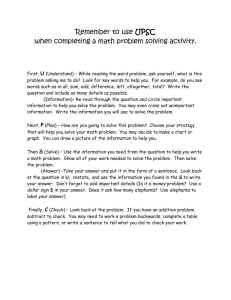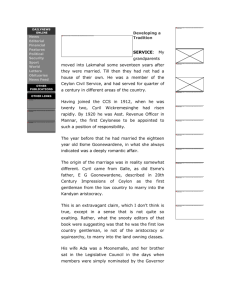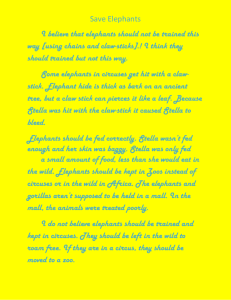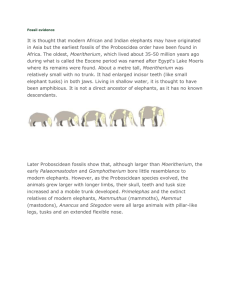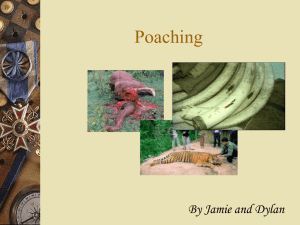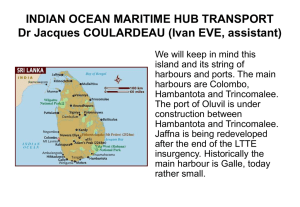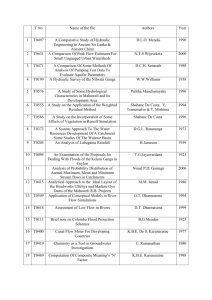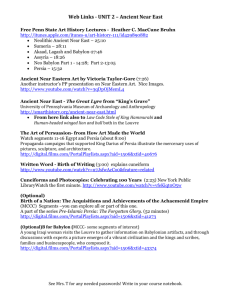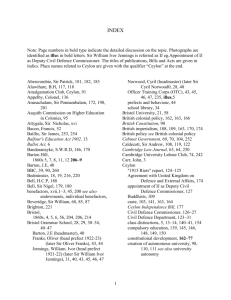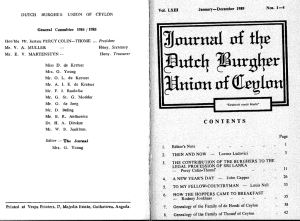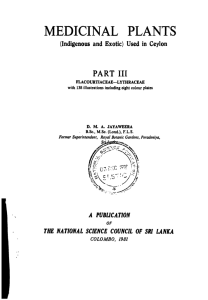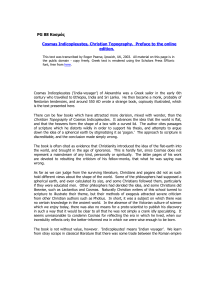Cosmas Indicopleustes, Trade in Southern India
advertisement
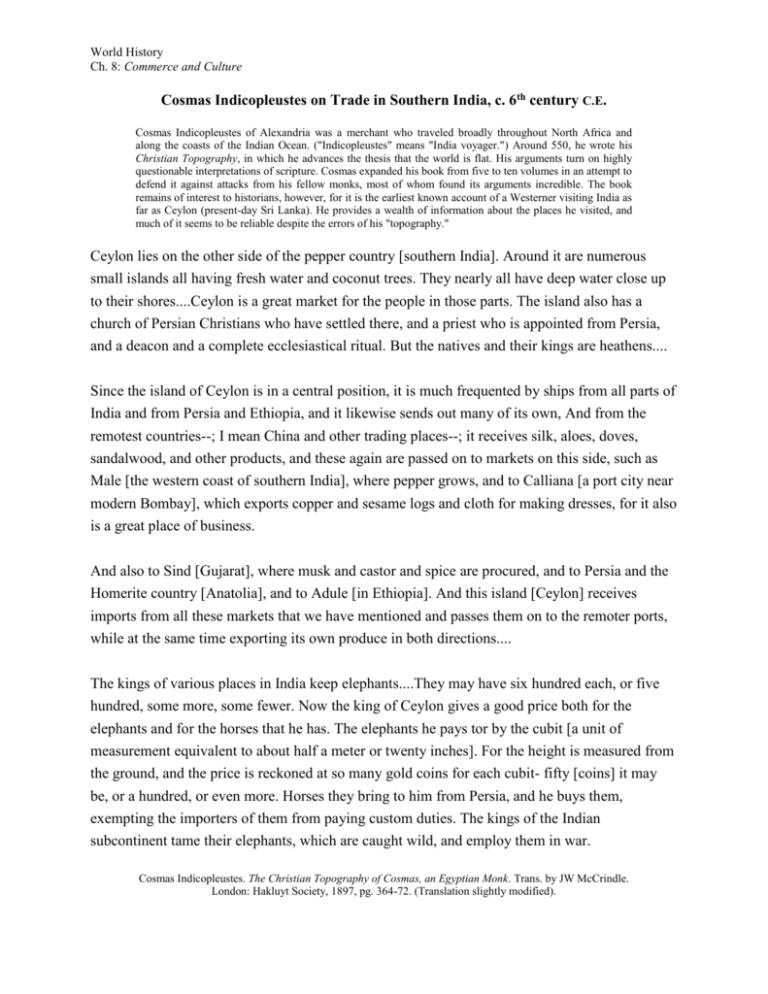
World History Ch. 8: Commerce and Culture Cosmas Indicopleustes on Trade in Southern India, c. 6th century C.E. Cosmas Indicopleustes of Alexandria was a merchant who traveled broadly throughout North Africa and along the coasts of the Indian Ocean. ("Indicopleustes" means "India voyager.") Around 550, he wrote his Christian Topography, in which he advances the thesis that the world is flat. His arguments turn on highly questionable interpretations of scripture. Cosmas expanded his book from five to ten volumes in an attempt to defend it against attacks from his fellow monks, most of whom found its arguments incredible. The book remains of interest to historians, however, for it is the earliest known account of a Westerner visiting India as far as Ceylon (present-day Sri Lanka). He provides a wealth of information about the places he visited, and much of it seems to be reliable despite the errors of his "topography." Ceylon lies on the other side of the pepper country [southern India]. Around it are numerous small islands all having fresh water and coconut trees. They nearly all have deep water close up to their shores....Ceylon is a great market for the people in those parts. The island also has a church of Persian Christians who have settled there, and a priest who is appointed from Persia, and a deacon and a complete ecclesiastical ritual. But the natives and their kings are heathens.... Since the island of Ceylon is in a central position, it is much frequented by ships from all parts of India and from Persia and Ethiopia, and it likewise sends out many of its own, And from the remotest countries--; I mean China and other trading places--; it receives silk, aloes, doves, sandalwood, and other products, and these again are passed on to markets on this side, such as Male [the western coast of southern India], where pepper grows, and to Calliana [a port city near modern Bombay], which exports copper and sesame logs and cloth for making dresses, for it also is a great place of business. And also to Sind [Gujarat], where musk and castor and spice are procured, and to Persia and the Homerite country [Anatolia], and to Adule [in Ethiopia]. And this island [Ceylon] receives imports from all these markets that we have mentioned and passes them on to the remoter ports, while at the same time exporting its own produce in both directions.... The kings of various places in India keep elephants....They may have six hundred each, or five hundred, some more, some fewer. Now the king of Ceylon gives a good price both for the elephants and for the horses that he has. The elephants he pays tor by the cubit [a unit of measurement equivalent to about half a meter or twenty inches]. For the height is measured from the ground, and the price is reckoned at so many gold coins for each cubit- fifty [coins] it may be, or a hundred, or even more. Horses they bring to him from Persia, and he buys them, exempting the importers of them from paying custom duties. The kings of the Indian subcontinent tame their elephants, which are caught wild, and employ them in war. Cosmas Indicopleustes. The Christian Topography of Cosmas, an Egyptian Monk. Trans. by JW McCrindle. London: Hakluyt Society, 1897, pg. 364-72. (Translation slightly modified).
